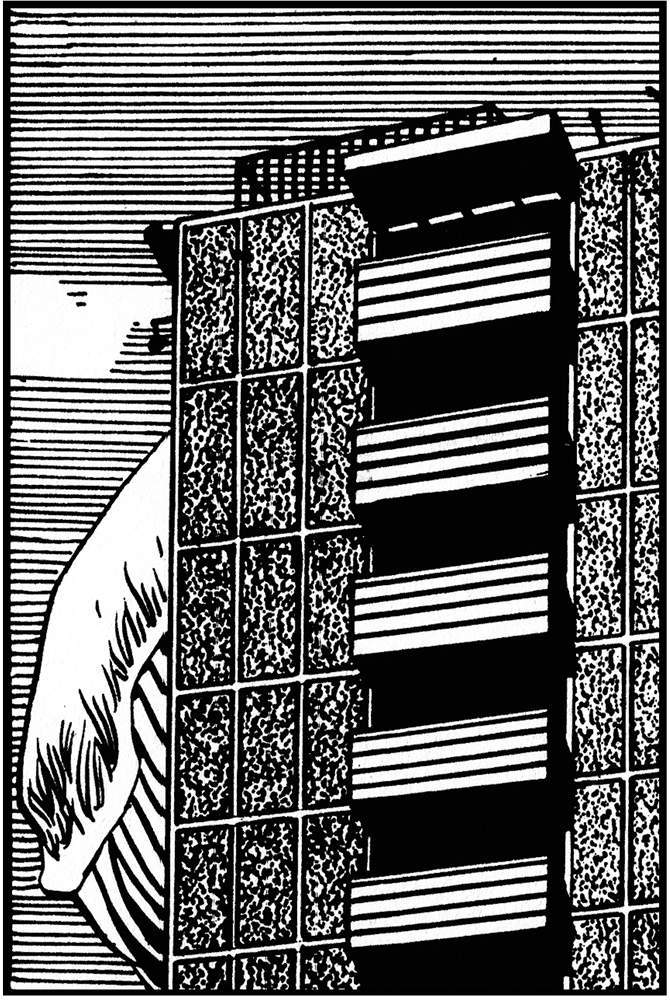An Introduction to the debate between Théorie Communiste (TC) and Troploin (Dauvé & Nesic) concerning how to theorise the history and actuality of class struggle and revolution in the capitalist epoch.
Gilles Dauvé
Dauvé shows how the wave of proletarian revolts in the first half of the twentieth century failed: either because they were crushed by the vicissitudes of war and ideology, or because their “victories” took the form of counter-revolutions themselves, setting up social systems which, in their reliance on monetary exchange and wage-labour, failed to transcend capitalism.
Théorie Communiste
In their critique of When Insurrections Die, TC attack Dauvé’s “normative” perspective, in which actual revolutions are counter-posed to what they could and should have been, that is, to a never-completely-spelled-out formula of a genuine communist revolution. In contrast, TC claim to give a robust account of the whole cycle of revolution, counter-revolution and restructuring, in which revolutions can be shown to have contained their own counter-revolutions as the intrinsic limit of the cycles they emerge from and bring to term.
Gilles Dauvé
Dauvé criticises TC for proposing a self-referential historical model that unjustifiably privileges the current cycle of struggles, while denying proletarian actors of the past all capacity for action not completely determined by the historically-prevailing relation between capital and wage-labour.
Gilles Dauvé & Karl Nesic
Dauvé and Nesic’s historical account challenges the thesis that the self-identification of the proletarian as producer has been the decisive cause of its defeats. When, they ask, did the workers actually try to shoulder economic growth? When did they ever compete with bourgeois owners or modern directors for the management of the companies? Workers’ movements don’t boil down to an affirmation of labour. And if the “being” of the proletariat theorised by Marx is not just a metaphysics, its content is independent of the forms taken by capitalist domination.
Théorie Communiste
TC undertake a painstaking, point-by-point refutation of “Love of Labor? Love of Labour Lost…”, first by developing in detail the concept of programmatism, which allows for an historicisation of the terms of class struggle, revolution and communism, then by delineating the originality of a new cycle of struggle, beyond programmatism.
On the difference between TC’s and Dauvé’s theory of communisation: ever-present and invariant possibility, or specific form which the communist revolution must take in the current cycle of struggle. Following TC’s account of the development of the class relation, without embracing their categories of formal and real subsumption, it is argued that the communist movement must be understood neither as a movement of communists nor of the class, but of the totality itself.

